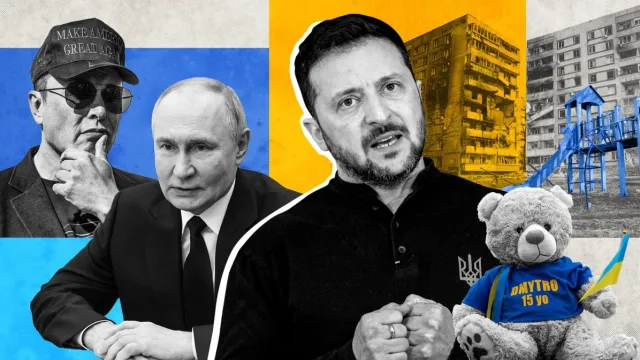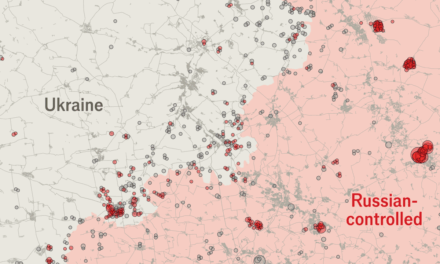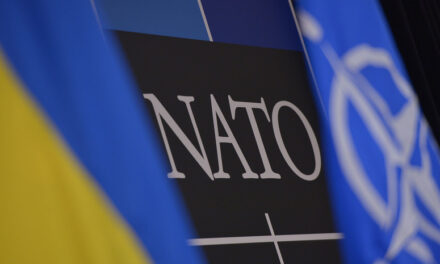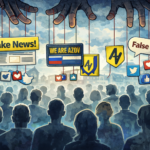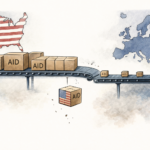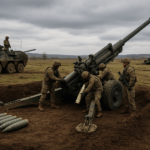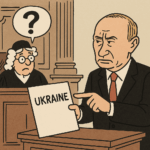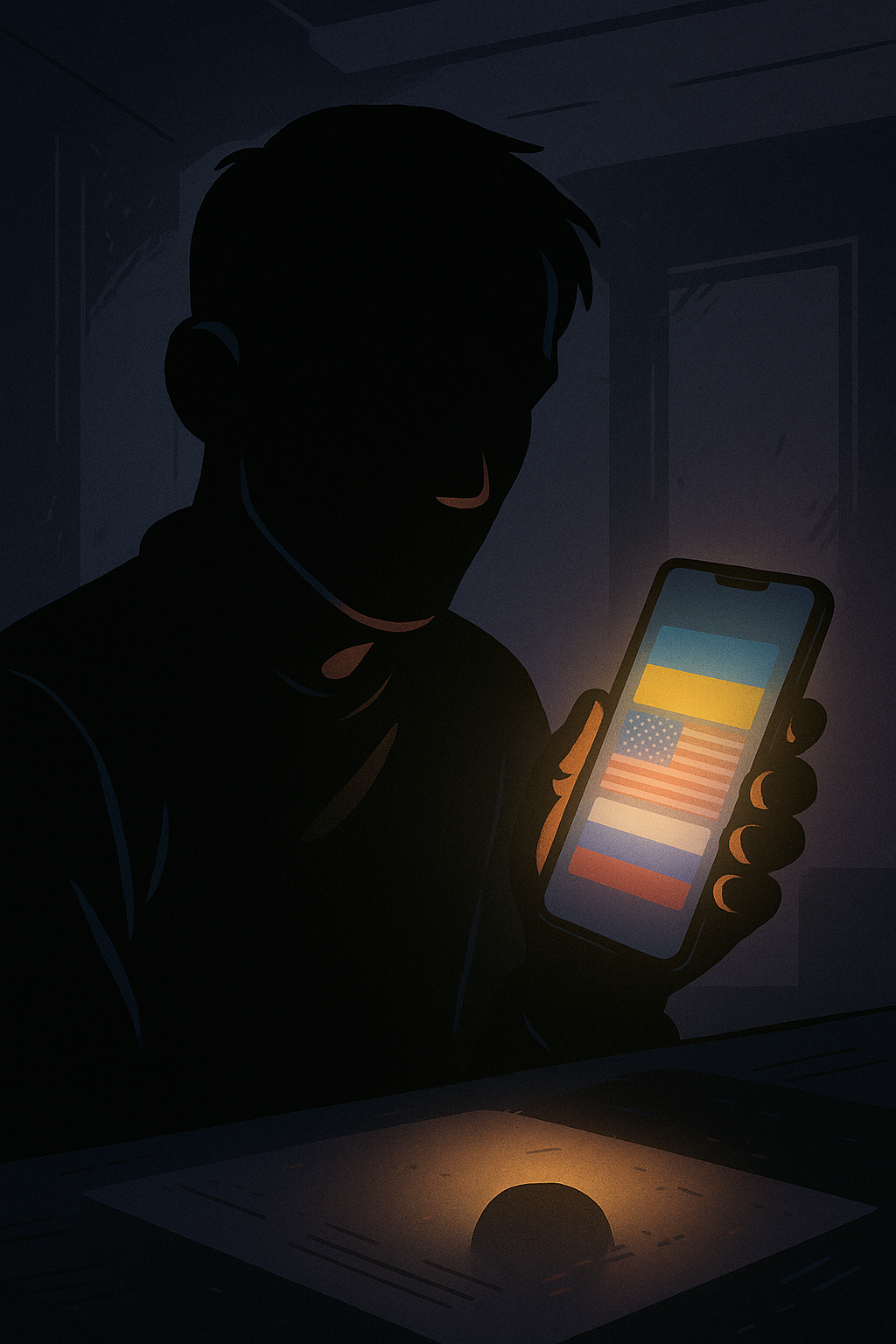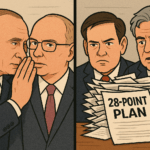Dr. Orhan Dragaš’s op-ed argues that one of the most grievous crimes of Russia’s war against Ukraine is the systematic abduction and forced “re-education” of Ukrainian children. He contends that more than 19,500 minors have been removed from occupied areas or state institutions, assigned new identities and passports, and placed on a path toward adoption inside Russia. In his telling, the aim is not simple displacement but the erasure of Ukrainian identity—language, memory, and nationhood—amounting to cultural genocide. To ground the moral stakes, he cites testimonies from children who were returned, evokes historical analogies (from Nazi practices toward Polish and Czech children to Cold War-era deportations during the Greek Civil War), and frames the theft of children as a demographic weapon: a way to extinguish a people’s future without firing a shot.
Within that moral frame, Dragaš levels a pointed criticism at Elon Musk. He asserts that a Trump-era “DOGE initiative,” associated in the piece with Musk, helped pull funds from efforts to locate and repatriate abducted Ukrainian children—undermining humanitarian groups such as Save Ukraine that are trying to bring them home. He links this to a broader pattern, recalling high-profile controversies around Starlink access, to claim that Musk’s choices have, directly or indirectly, aided Russian objectives. The rhetoric is intentionally stark: this is not merely an eccentric billionaire’s whim, he says, but complicity in an insidious war crime.
The op-ed closes with an explicit call to action. Dragaš urges movement beyond ritual “expressions of concern” toward concrete steps: coordinated international pressure on Moscow; targeted sanctions; systematic identification and prosecution of officials and families participating in illegal adoptions; and sustained backing for organizations working to find and return the children. He also calls for reputational and consumer pressure on Musk’s companies, arguing that market scrutiny can force ethical alignment when voluntary restraint fails. Ultimately, he casts the issue as a test of collective conscience: the world must either mobilize to stop the theft and Russification of Ukrainian children or accept history’s judgment for having looked away.

